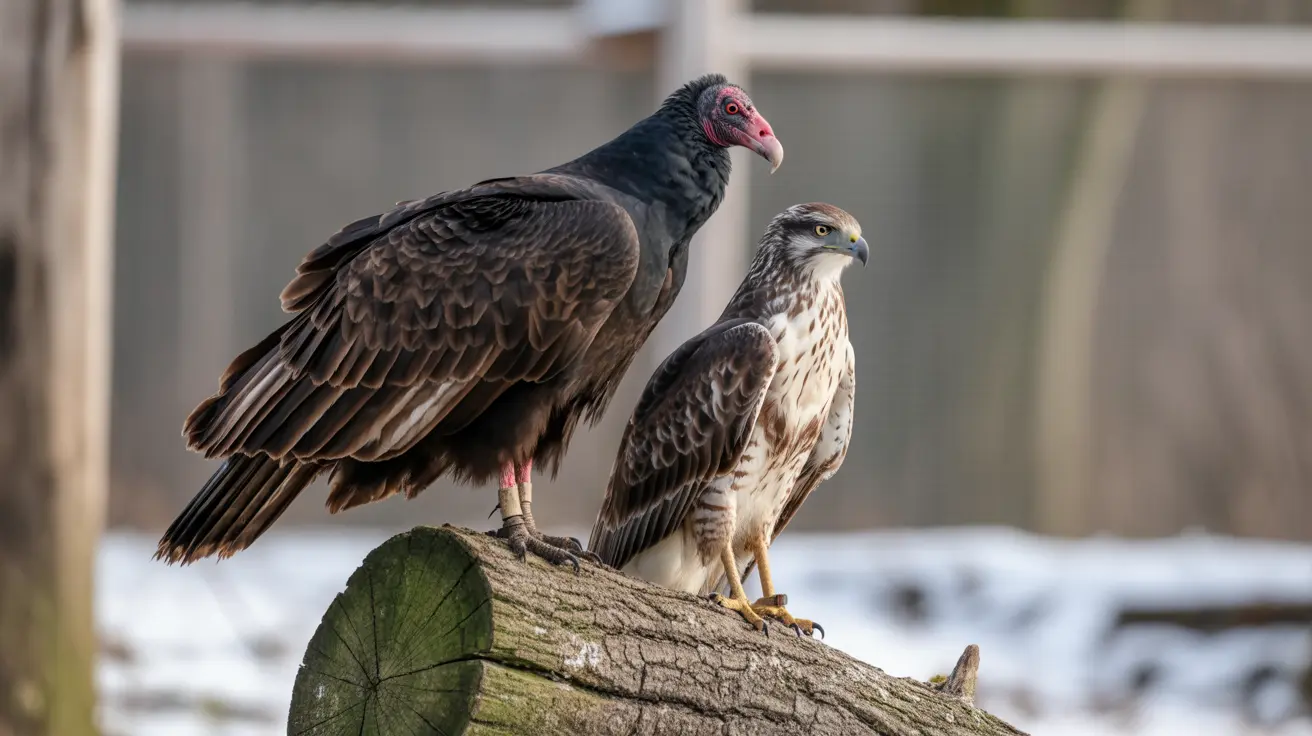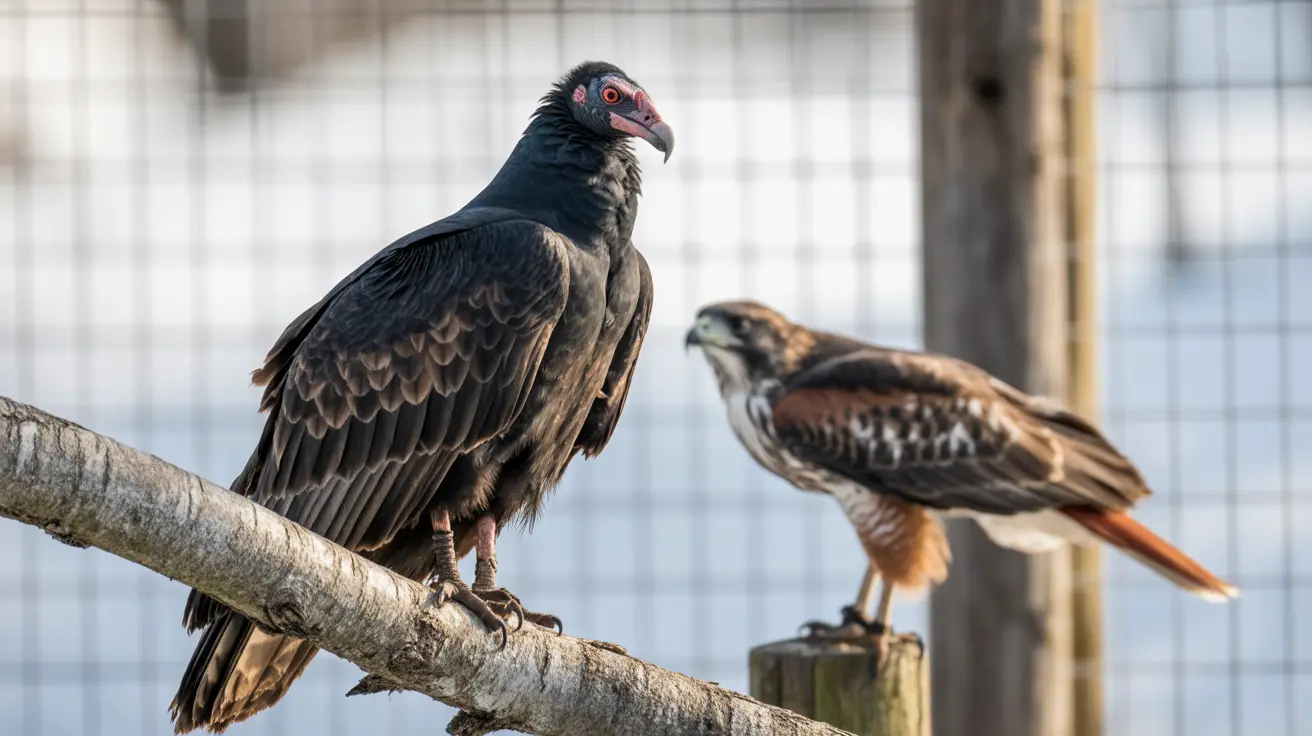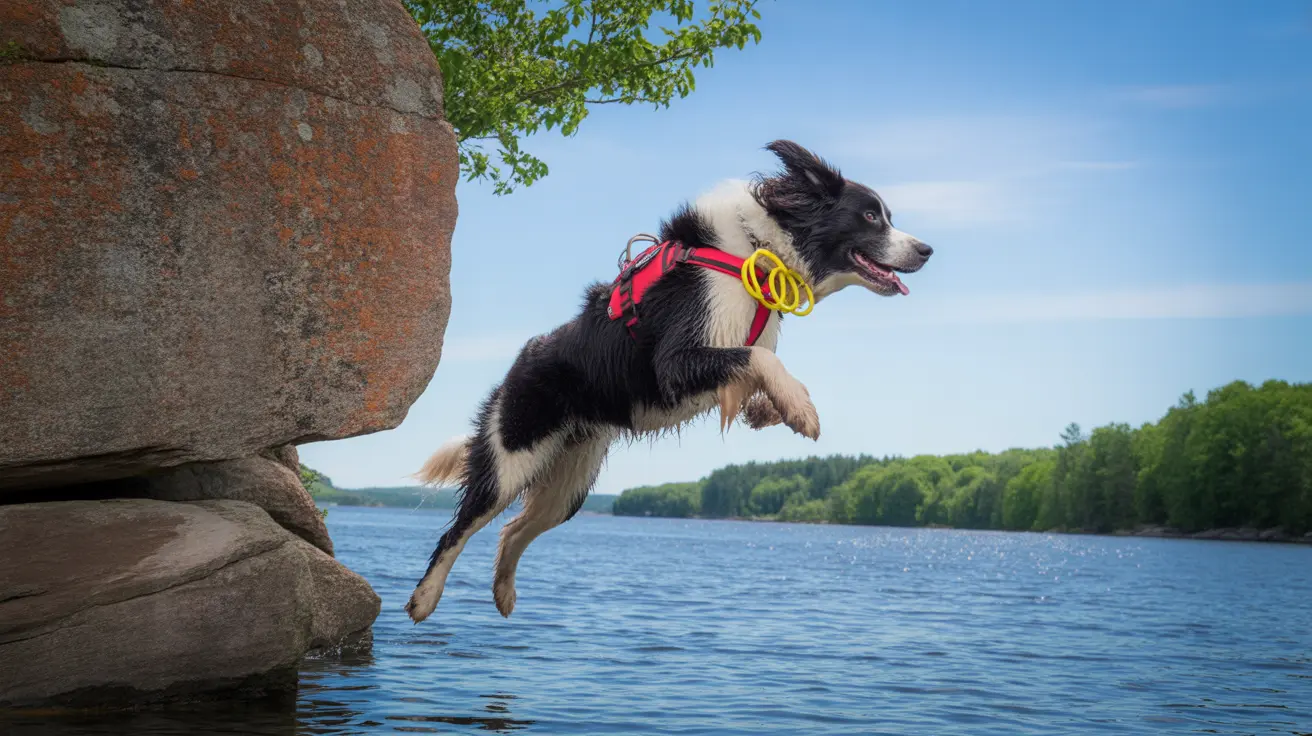Understanding Behavior Problems in Carolina Dogs
Carolina Dogs, often referred to as American Dingoes, are a unique and primitive dog breed with a long-standing history in the Southeastern United States. While they’re prized for their independence and natural instincts, owning a Carolina Dog comes with its own set of behavioral challenges. Understanding these issues can help dog owners create a supportive environment to manage and minimize potential problems.
1. Natural Wariness and Shyness
One of the most prominent traits of Carolina Dogs is their natural shyness and wariness toward strangers. This behavior is rooted in their primitive ancestry and survival instincts.
- Stranger avoidance: Without proper socialization, Carolina Dogs may show a strong reluctance to interact with unfamiliar people or environments.
- Slow to warm up: Even with consistent exposure, many Carolina Dogs remain reserved in new situations.
2. High Prey Drive
Due to their natural hunting background, Carolina Dogs exhibit a strong prey drive. This can pose challenges in suburban or urban settings.
- Chasing small animals: Squirrels, cats, and even small dogs may trigger chasing behavior.
- Escape attempts: Without secure fencing, they may attempt to chase after perceived prey.
3. Stubbornness and Independence
Carolina Dogs are known for being independent thinkers, which can be mistaken for stubbornness.
- Training challenges: They may not respond well to traditional obedience training methods and require positive reinforcement techniques.
- Selective listening: These dogs may choose when to obey commands, especially if they don’t see the benefit.
4. Territorial and Protective Behavior
Carolina Dogs can be territorial and may exhibit protective behaviors around their home or family.
- Barking at strangers: Although not typically aggressive, they may bark or growl to alert their owners of intrusions.
- Guarding behavior: In some cases, they may become overly protective if not socialized properly.
5. Risk of Separation Anxiety
Despite their independent nature, Carolina Dogs can develop separation anxiety if left alone for long periods.
- Destructive behavior: Chewing, digging, or whining may occur when they feel anxious.
- Escape attempts: Prolonged isolation could lead to attempts to flee the home or yard.
6. Sensitivity to Changes in Environment
These dogs thrive best in stable, predictable environments.
- Routine dependence: Sudden changes in routine can cause stress.
- Environmental stress: Loud noises, busy settings, or chaotic households can lead to behavioral issues.
Strategies to Manage Carolina Dog Behavior
To raise a well-adjusted Carolina Dog, early and consistent positive reinforcement training is crucial. Here are several strategies for managing behavior issues:
- Early socialization: Expose your Carolina Dog to various people, animals, and environments early in life.
- Obedience training: Use reward-based methods that focus on trust and patience.
- Safe exercise: Provide regular, controlled opportunities for physical activity and mental stimulation.
- Secure environment: Ensure your yard or home is secure to prevent escapes driven by prey drive or boredom.
- Consistent routine: Maintain a predictable schedule to help reduce anxiety and stress.
Is the Carolina Dog Right for You?
While they may not suit every household, Carolina Dogs make loyal and dedicated companions for those prepared to meet their unique needs. Potential owners should:
- Be experienced or willing to work diligently with training and socialization.
- Have a calm and structured home environment.
- Appreciate independent yet devoted canine personalities.
Conclusion
Carolina Dogs are fascinating creatures that offer deep companionship and loyalty when nurtured correctly. Being aware of their behavior problems—such as shyness, prey drive, and independence—and implementing the right strategies can lead to a fulfilling relationship with this remarkable breed. With time, patience, and understanding, the Carolina Dog’s behavioral quirks can become manageable facets of a deeply rewarding partnership.





